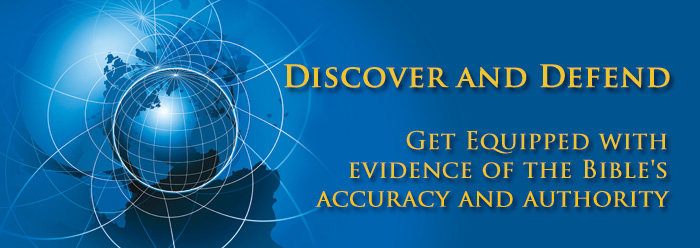eternal power
Romans 1:20
1:20 eternal power. It is God’s eternal power which is evidenced in the cosmos, the power which created it, not just the power which sustains it once it has been created. The remarkable significance of this fact is illuminated by the modern discovery of the two most basic and universal laws of science, known technically as the first and second laws of thermodynamics. More popularly, they can be understood, respectively, as the law of conservation in the quantity of all things God created, and the law of deterioration in the quality (or organized complexity) of all things God created. The first law reflects the completion of creation in the past (Genesis 2:1-3), so that nothing is now being either created or annihilated; creation is being conserved. The second law reflects the subsequent curse on creation because of sin (Genesis 3:17-19; Romans 8:20-22), so that everything now has a strong tendency to die—that is, to disintegrate back to the “dust” (the basic elements) which God had created in the beginning and from which He had made all the complex systems in the cosmos. Thus, the completed and sustained, yet deteriorating, cosmos testifies powerfully to God’s eternal power. Since nothing is now being created, the universe could not have created itself by the “natural” processes which now function in it. Yet, since it is now disintegrating and dying, it must have been created at some finite time in the past; otherwise, if it were infinitely old, it would already be dead and completely disintegrated. If it must have been created, yet could not have been created by the temporal power contained in its existing processes, it must have been created by the eternal power of a transcendent Creator. The creation, therefore, eloquently testifies to the eternal power of its Creator. The only adequate Cause (by the scientific law of cause-and-effect) to produce an infinite, unending, power-filled, intelligible universe containing living creatures must be an infinite, eternal, omnipotent, omniscient, living, personal God.




